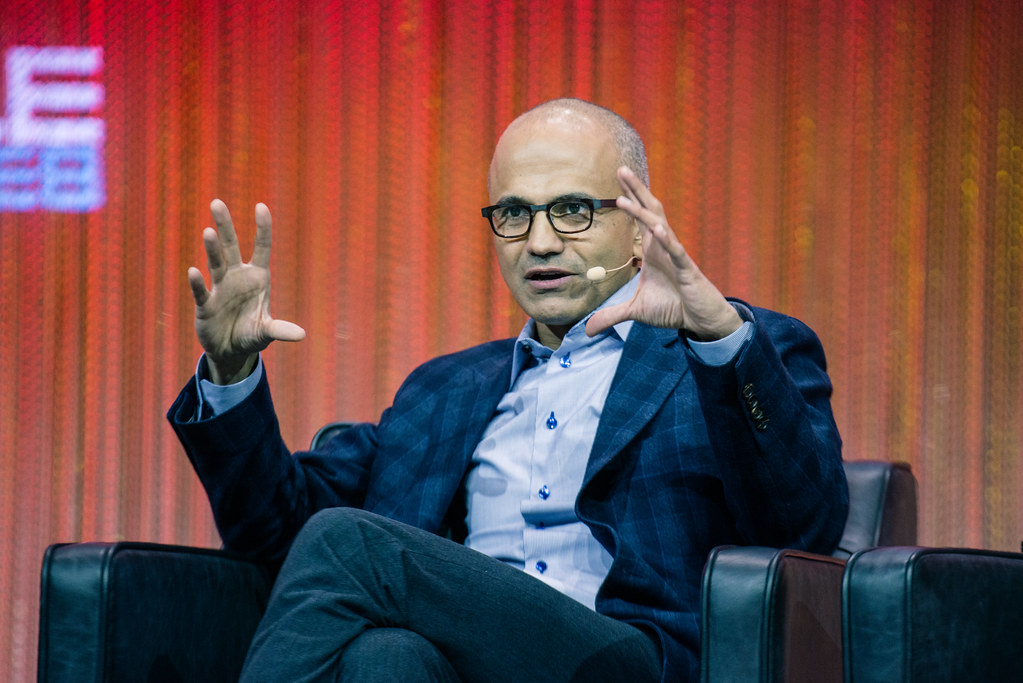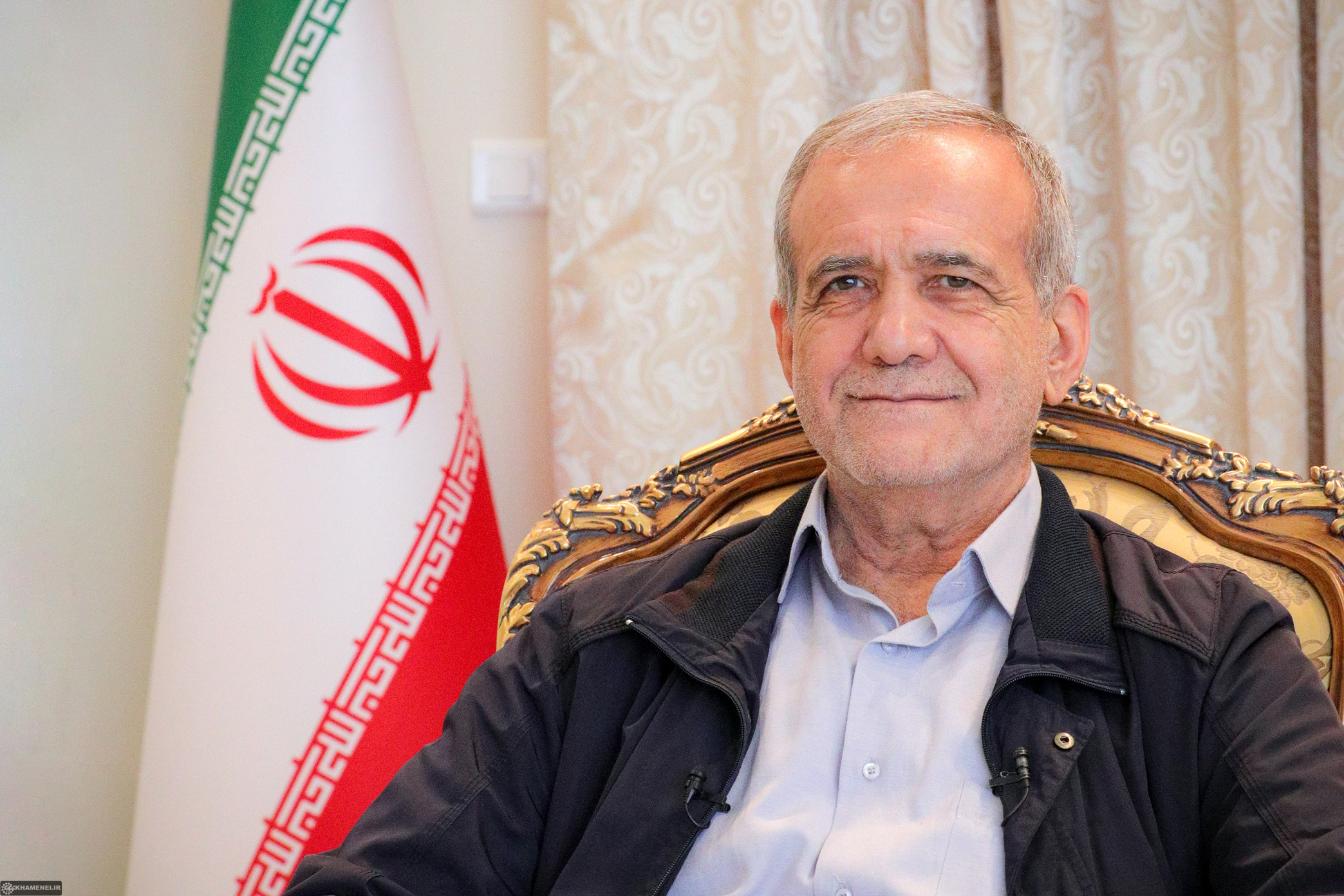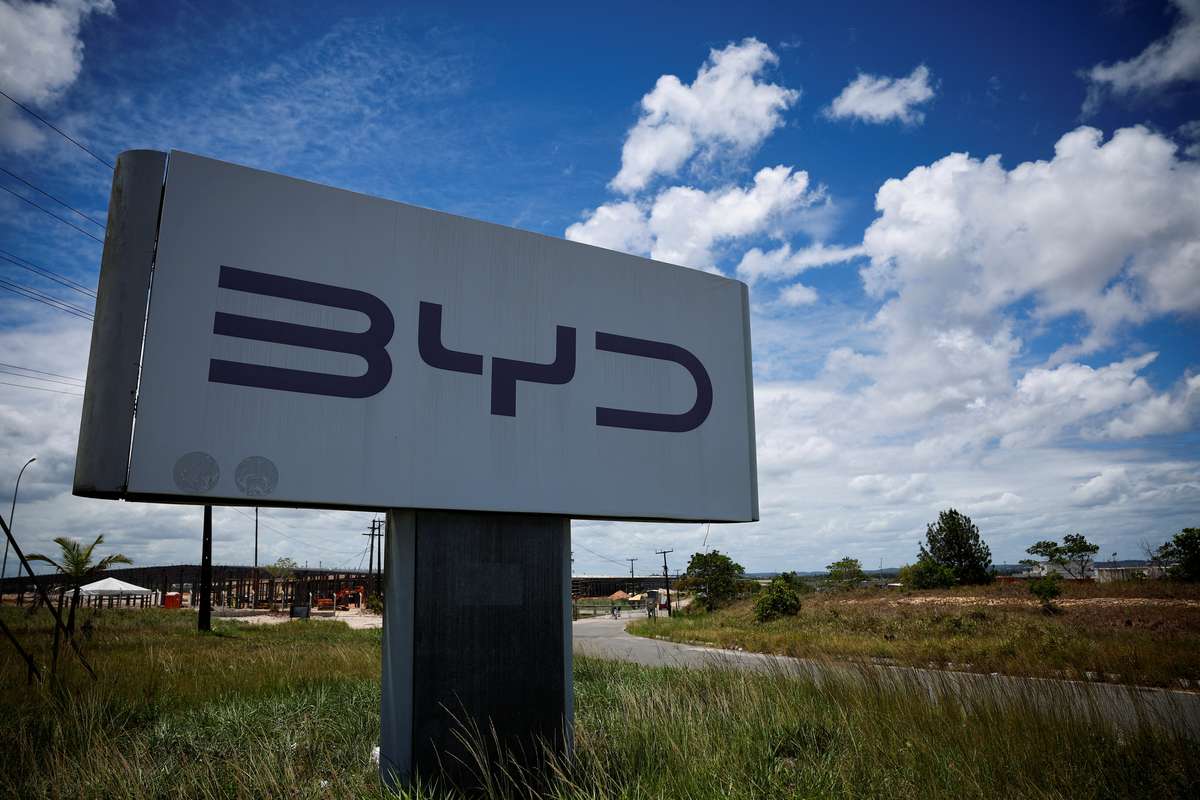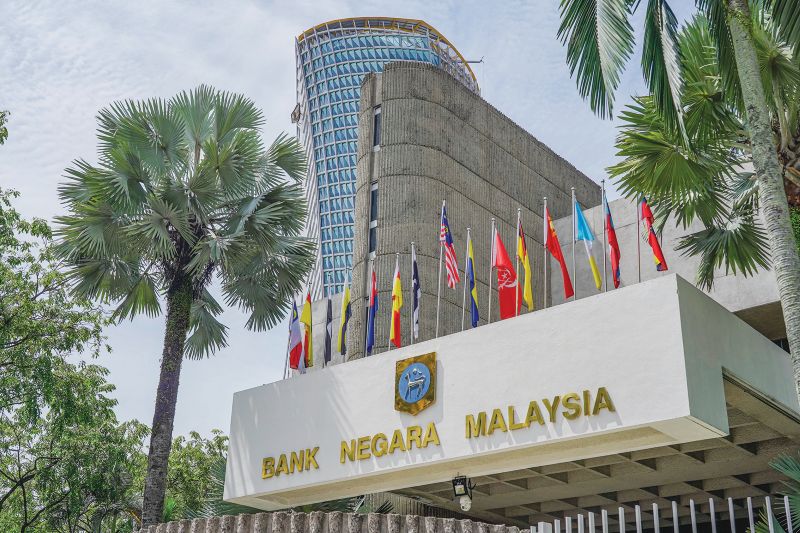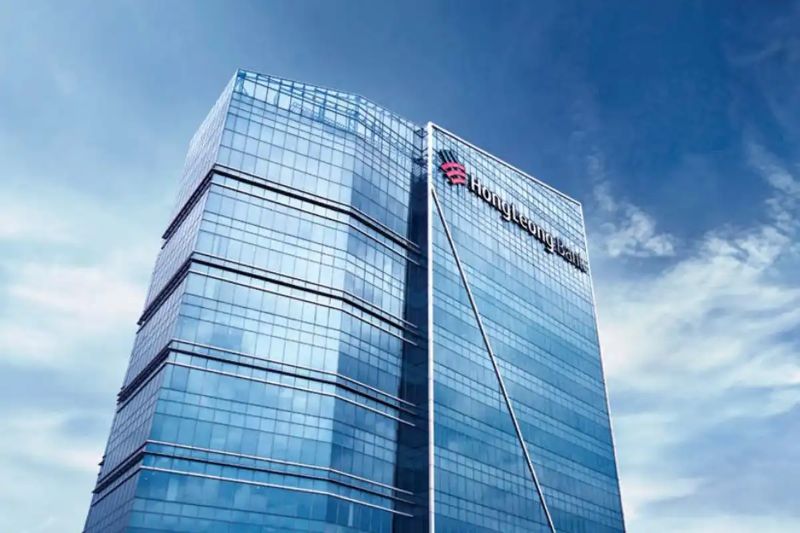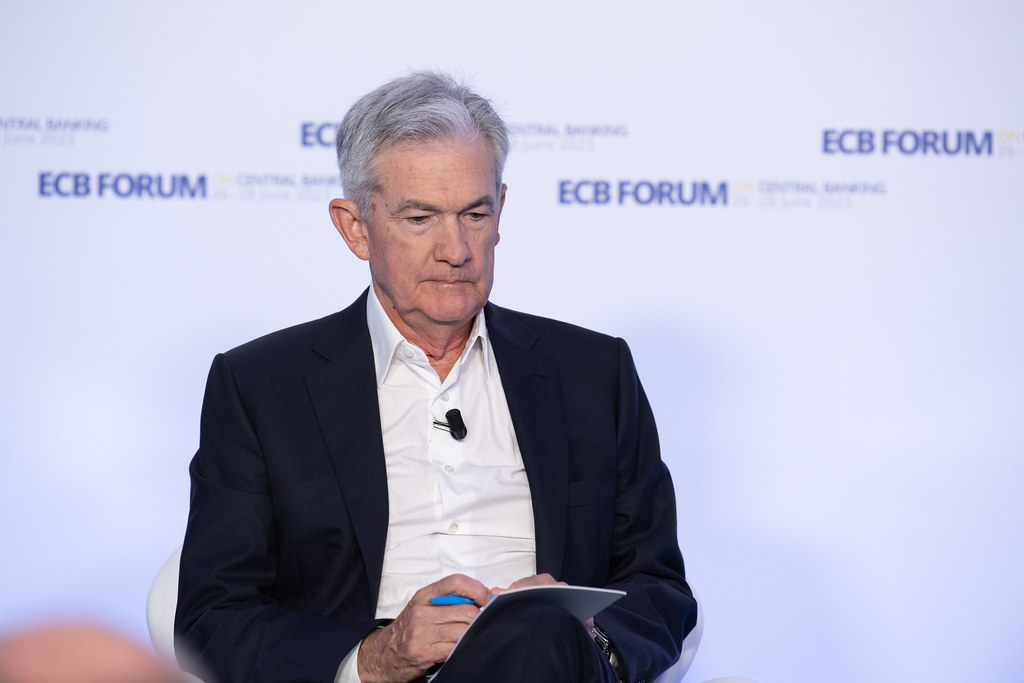Brazilian labor authorities have alleged that 163 Chinese workers at a construction site for a BYD factory in Bahia are victims of human trafficking. The claims have escalated tensions surrounding the Chinese electric vehicle giant’s operations in its largest overseas market.
BYD and its contractor, Jinjiang Group, agreed to house the affected workers in hotels and assist them until their contracts are resolved, according to a statement from Brazil’s Labor Prosecutor’s Office on Thursday. The statement, issued after discussions with both companies, did not disclose how prosecutors determined the workers’ status as trafficking victims.
Disputed Allegations
Neither BYD nor Jinjiang immediately commented on the situation. Earlier this week, Jinjiang rejected allegations that workers were subjected to “slavery-like conditions,” attributing the issue to translation errors. In a post shared by a BYD spokesperson, Jinjiang called the claims inaccurate and insisted there were misunderstandings.
BYD’s response has shifted during the controversy. The company initially stated it had severed ties with Jinjiang but later attributed the accusations to “foreign forces” and certain Chinese media aiming to harm Chinese brands and bilateral relations between China and Brazil.
China’s foreign ministry confirmed that its embassy in Brazil is coordinating with Brazilian authorities to verify and address the claims.
Labor prosecutors plan to meet with BYD and Jinjiang representatives again on January 7 to negotiate a resolution. If a deal is reached, it could avert further investigations by labor prosecutors. However, the companies may still face scrutiny from labor inspectors and federal prosecutors, who are evaluating potential criminal charges based on shared evidence.
Economic and Diplomatic Implications
The factory, set to begin producing 150,000 cars annually by 2025, is a key project for BYD in Brazil, which accounts for nearly 20% of its overseas sales in 2024. The US$620 million Bahia factory symbolizes China’s deepening ties with Brazil, but the trafficking claims threaten to sour relations.
Brazil has actively sought Chinese investments, but critics argue China’s practice of importing its own workers limits local job creation, a significant priority for Brazilian President Luiz Inácio Lula da Silva. The ongoing investigation has also cast a shadow over BYD’s global expansion ambitions as the company ramps up production and hiring worldwide.
BYD, which dominates China’s EV market with over a third of sales, has been scaling operations globally. The company, poised to outsell Ford and Honda in 2024, is building factories in Hungary, Mexico, Thailand, Uzbekistan, and Brazil while boosting international marketing efforts. Despite these strides, the allegations in Bahia underscore challenges in navigating local regulations and public perceptions abroad.
As Brazil’s investigation unfolds, the outcome could have far-reaching implications for BYD’s reputation and China-Brazil relations.



